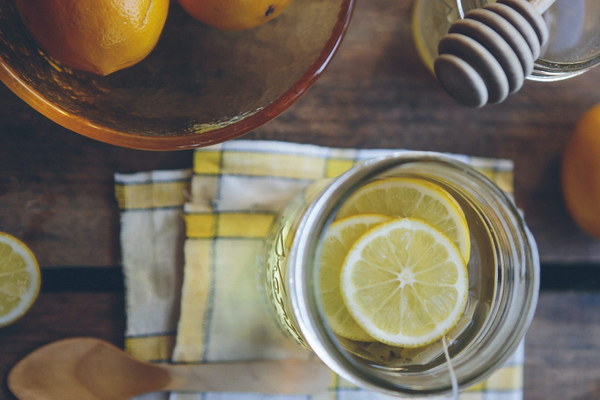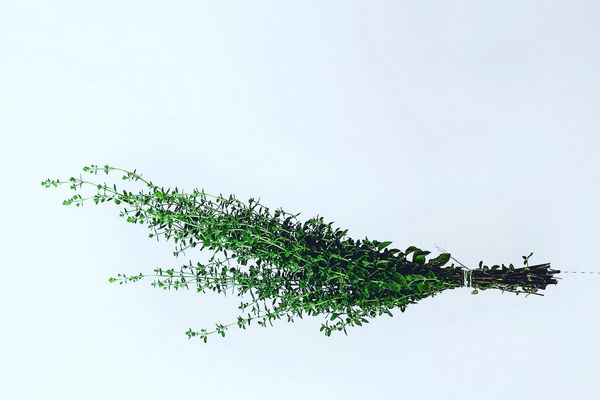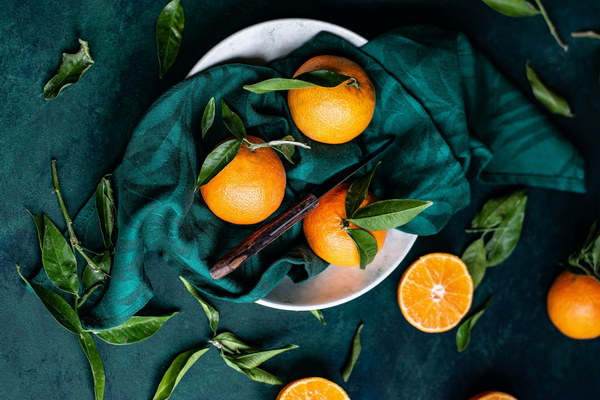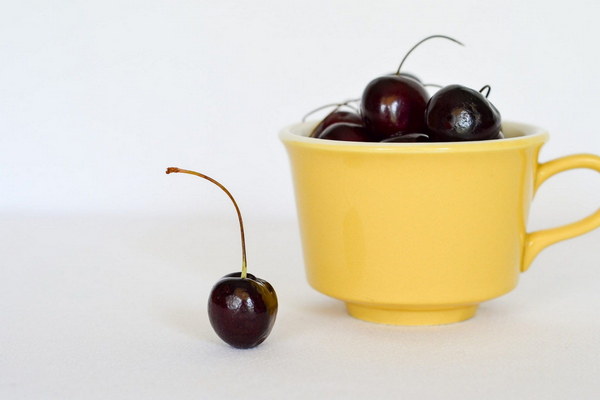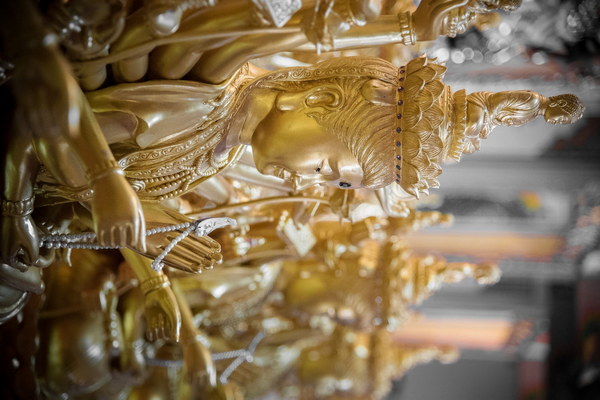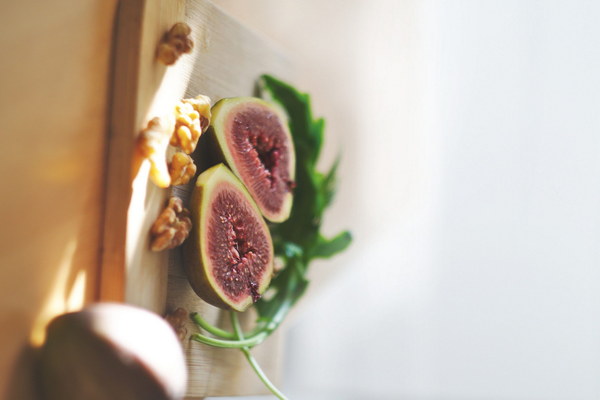Revitalizing the Lungs A Deep Dive into the Benefits of Yiqi Yanyin and Bupu Therapy
In the realm of traditional Chinese medicine (TCM), there exists a profound understanding of the human body's intricate balance of energy, or Qi, and the importance of Yin and Yang. One such therapeutic approach, known as Yiqi, Yanyin, and Bupu therapy, focuses on nourishing the lungs, boosting the immune system, and restoring balance within the body. This article delves into the essence of this ancient practice, exploring its benefits and applications.
Yiqi, which translates to Qi tonification, is a fundamental concept in TCM. It refers to the practice of strengthening and enriching the body's vital energy. By tonifying the Qi, individuals can enhance their overall health and resistance to disease. Yanyin, on the other hand, is the principle of nourishing the body's Yin energy, which is associated with cooling, calming, and moisturizing properties. Bupu, or lung tonifying, specifically targets the respiratory system, addressing issues such as dryness, weakness, and respiratory infections.

The combination of Yiqi, Yanyin, and Bupu therapy aims to restore the harmonious balance of Qi, Yin, and Yang within the body, particularly in the lungs. This therapy is particularly beneficial for those suffering from respiratory conditions, such as chronic bronchitis, asthma, or dry coughs. By addressing the root cause of these issues, Yiqi, Yanyin, and Bupu therapy can lead to long-term improvements in lung health.
There are various methods to achieve the benefits of Yiqi, Yanyin, and Bupu therapy. Here are some of the most common practices:
1. Acupuncture: This ancient technique involves inserting fine needles into specific acupuncture points along the body's meridians. Acupuncture can help to unblock Qi flow, nourish Yin, and strengthen the lungs, promoting overall respiratory health.
2. Herbs: TCM herbal remedies are designed to address specific imbalances in the body. Common herbs used in Yiqi, Yanyin, and Bupu therapy include Astragalus (Huang Qi), which is known for its Qi-tonifying properties; and Licorice (Gan Cao), which helps to harmonize the other ingredients and nourish Yin.
3. Diet: A well-balanced diet can support the body's Yin and Qi, as well as enhance lung health. Foods rich in vitamins, minerals, and antioxidants are particularly beneficial. Some examples include:
- Leafy greens, such as spinach and kale, for their high vitamin and mineral content.
- Nuts, such as almonds and walnuts, which are good sources of protein and healthy fats.
- Fruits like apples, pears, and kiwi, which help to moisturize the lungs.
- Herbs like ginger and turmeric, which have anti-inflammatory properties.
4. Breathing exercises: Pranayama, a form of yoga breathing, can help to improve lung capacity and respiratory function. Practices like diaphragmatic breathing and alternate nostril breathing can be particularly beneficial.
5. Exercise: Regular physical activity, such as walking, swimming, or tai chi, can help to boost the immune system, improve lung function, and enhance overall well-being.
By integrating these practices into one's daily routine, individuals can experience the profound benefits of Yiqi, Yanyin, and Bupu therapy. Not only can this approach help to alleviate respiratory symptoms, but it can also lead to a more balanced and vibrant life.
In conclusion, Yiqi, Yanyin, and Bupu therapy is a time-honored method for promoting lung health and overall well-being. By addressing the root causes of respiratory issues and restoring balance to the body's energy systems, this therapy can lead to long-term improvements in one's quality of life. Whether through acupuncture, herbal remedies, diet, exercise, or breathing techniques, the benefits of Yiqi, Yanyin, and Bupu therapy are truly remarkable.

